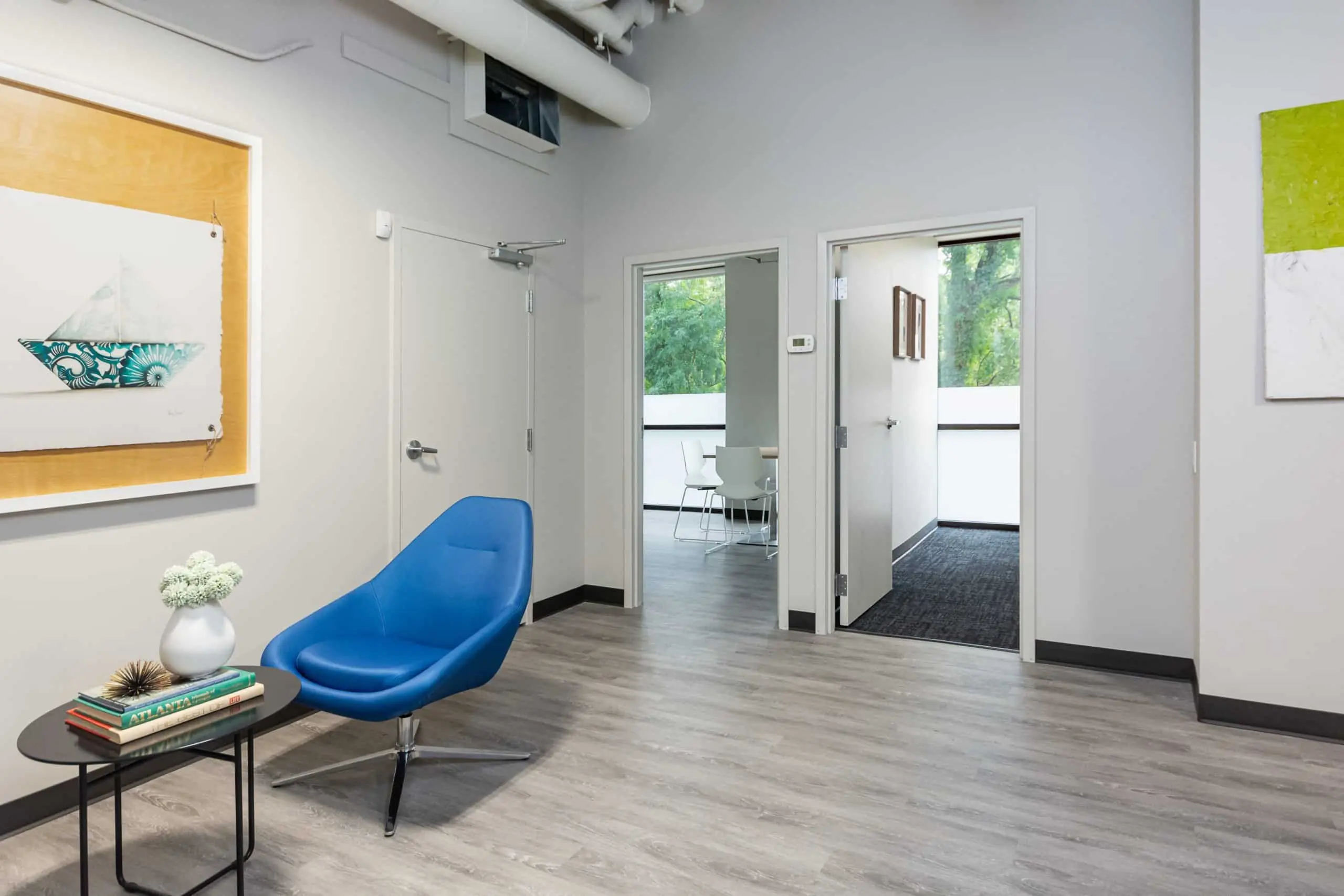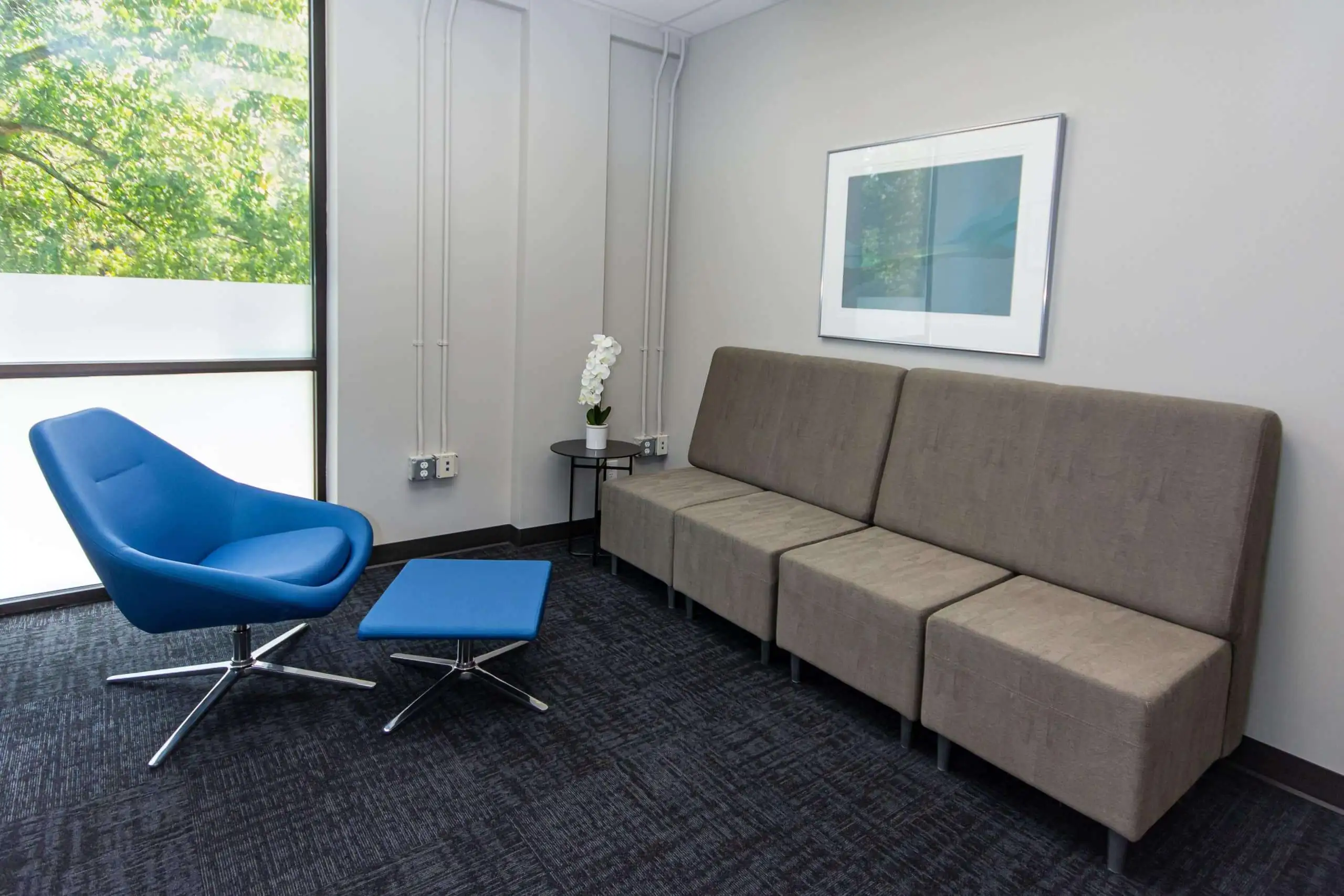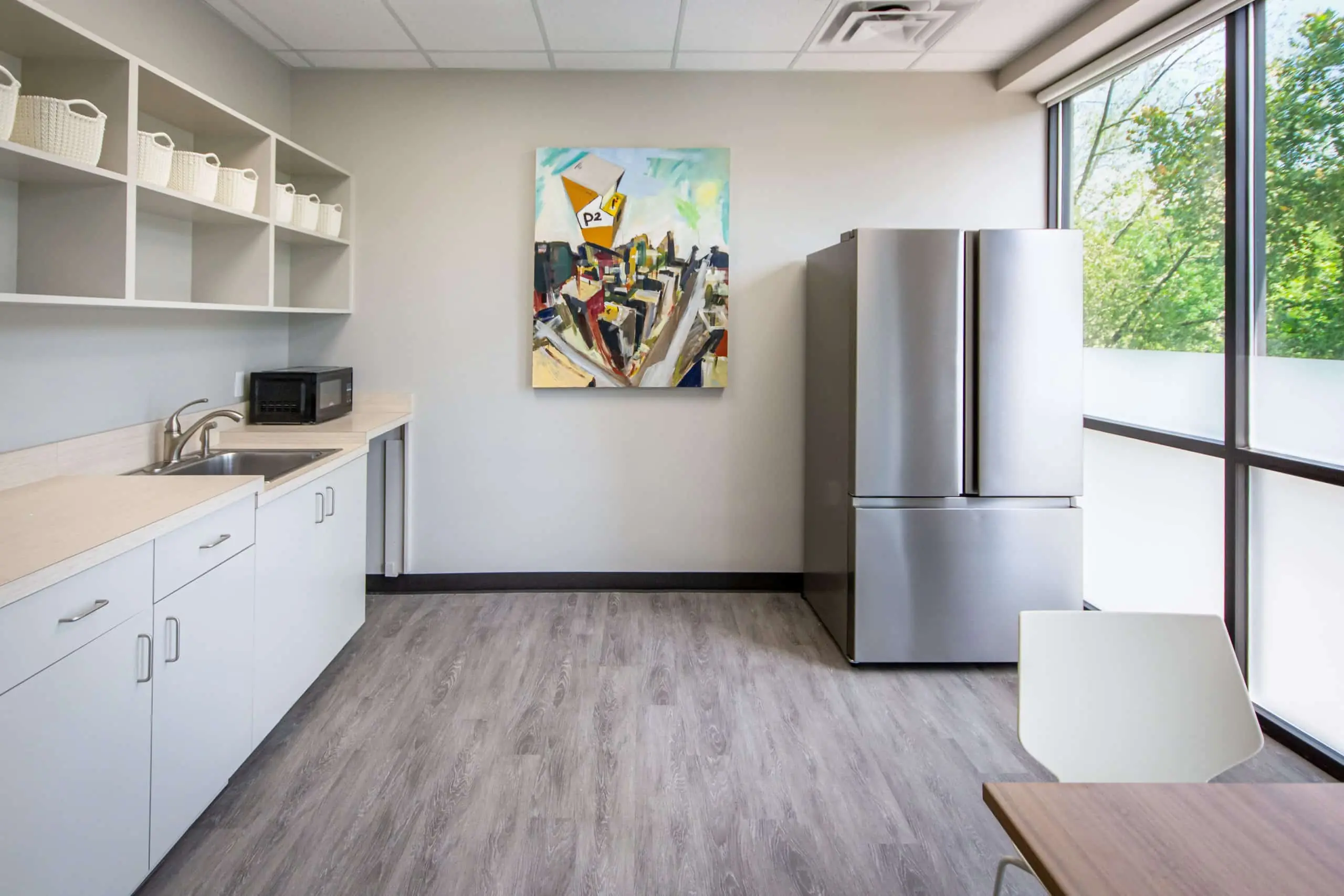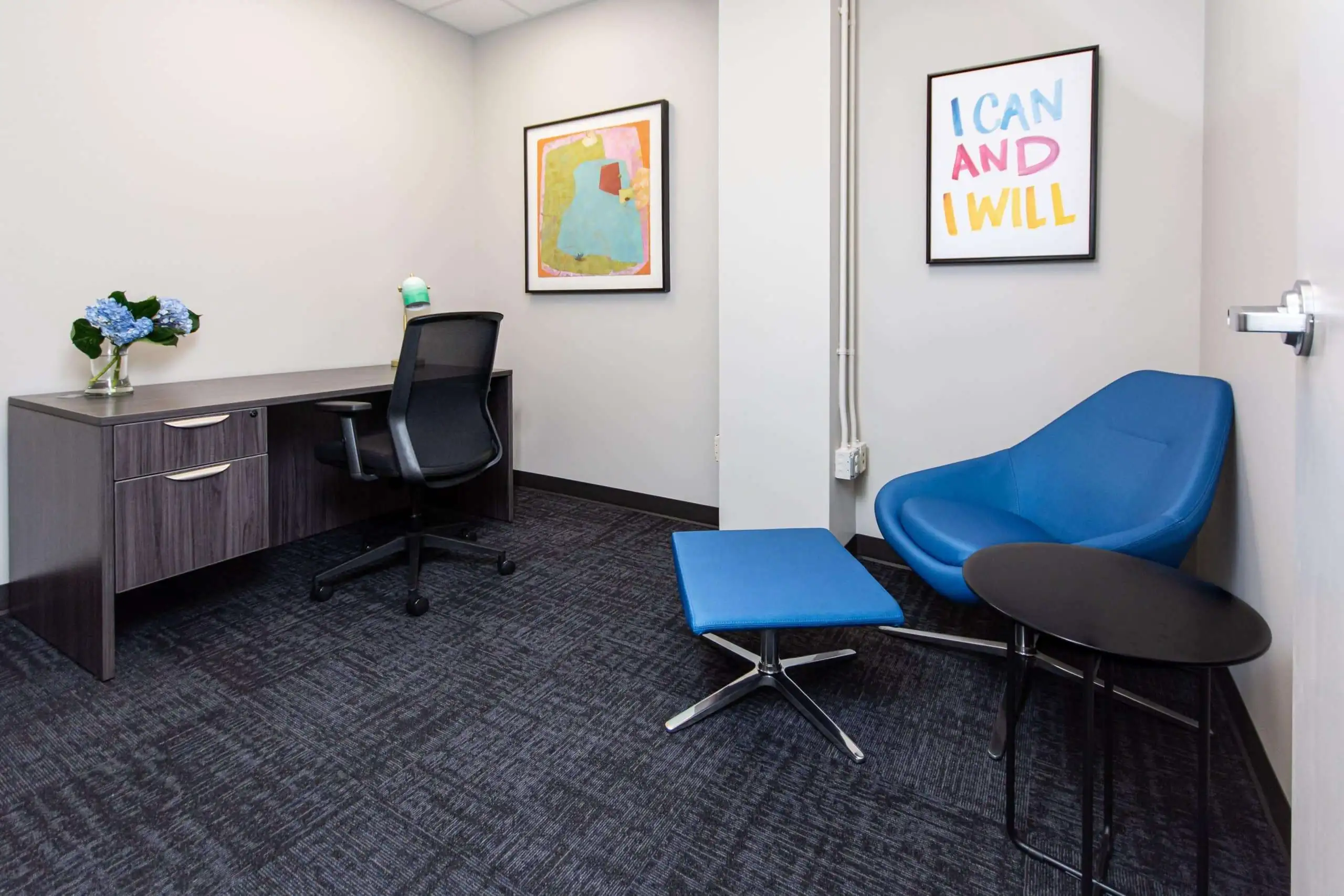Stimulant Addiction Treatment in Atlanta: Break Free from the Cycle of Dependency
In today’s fast-paced world, it’s all too easy to reach for substances that provide an extra burst of energy. Whether someone is cramming for exams or trying to keep up with demanding work hours, stimulants can appear to be a quick fix. However, repeated use of these substances can rapidly spiral into addiction, leaving individuals grappling with debilitating withdrawal symptoms and long-term health consequences. At Buckhead Behavioral Health, we offer specialized stimulant addiction treatment designed to help you reclaim your life from the grip of these powerful drugs.
What Are Stimulant Drugs?
Stimulants are substances that temporarily increase energy, alertness, and mood by elevating brain activity. They can come in two main forms:
- Prescription Stimulants
- Used to treat conditions like ADHD, narcolepsy, and sometimes for weight loss
- Common examples include Adderall, Concerta, Ritalin, Dexedrine, dextroamphetamine, and amphetamines
- Illegal Stimulants
- Illicit street drugs like cocaine, crack, methamphetamines, and MDMA
- Often sought for recreational use or to stay awake longer
Regardless of the source—legal or illegal—stimulants can lead to significant physical and psychological dependence. These drugs affect the brain’s production of dopamine, the “feel-good” chemical. Over time, the brain relies on stimulants to experience happiness or pleasure, making sobriety feel nearly impossible without professional help.
Signs of Stimulant Addiction
Recognizing stimulant addiction in yourself or a loved one is crucial for early intervention. Common physical and psychological symptoms include:
- Shakiness, Dizziness, Sweating
- Insomnia or staying awake for extended periods
- Heart Palpitations, Chest Pain
- Headaches, Stomach Cramps, Vomiting
- Agitation, Anxiety, Panic Attacks
- Aggressive or Erratic Behavior
- Tolerance (needing more of the drug to achieve the same effect)
- Withdrawal Symptoms if usage stops
Some individuals also experience psychosis—characterized by paranoia, hallucinations, or delusional thinking—especially if use has been prolonged or at high dosages.
Understanding Stimulant Withdrawal
When dependence takes hold, attempting to stop stimulant use often triggers withdrawal symptoms, which can range from mildly uncomfortable to severe. These can include:
- Lethargy and Exhaustion
- Chills and Dehydration
- Extreme Appetite Changes
- Vivid Nightmares or Insomnia
- Difficulty Concentrating and Memory Issues
- Intense Drug Cravings
- Anxiety, Depression, Mood Swings
- Suicidal Thoughts
Because these symptoms can be both physically and emotionally demanding, professional care in a stimulant addiction treatment program can ease the withdrawal process and reduce the likelihood of relapse.
What Does Stimulant Addiction Treatment Look Like?
1. Detoxification
The first step is often a medically supervised detox. Under clinical guidance, individuals can safely rid their bodies of harmful toxins while receiving support for severe withdrawal symptoms. Detox might take place in a hospital, residential facility, or specialized outpatient setting, depending on the severity of the addiction.
2. Inpatient or Residential Care
For those with complex stimulant addictions or co-occurring mental health issues, inpatient treatment may be recommended. This provides 24/7 medical care and a highly structured environment, ensuring clients can focus exclusively on their recovery without external distractions or triggers.
3. Outpatient Programs
If a person doesn’t require live-in care—or has already completed inpatient treatment—they can transition to an outpatient program. These programs vary in intensity, including:
- Partial Hospitalization Programs (PHPs): Typically involve attending treatment most days of the week, receiving several hours of therapy per day.
- Intensive Outpatient Programs (IOPs): Offer a structured schedule of therapy a few times per week, giving clients more flexibility for work or family obligations.
- Standard Outpatient Rehab: Generally involves fewer hours of therapy per week, allowing for a progressive return to daily activities while still receiving clinical support.
4. Therapy and Counseling
Recovery hinges on evidence-based therapies designed to address both addiction and any co-occurring mental health concerns like anxiety, depression, or ADHD. Common modalities include:
- Cognitive Behavioral Therapy (CBT)
- Motivational Interviewing (MI)
- Family Therapy (to mend relationships and build a support system)
- Medication-Assisted Treatment (where FDA-approved medications can ease withdrawal symptoms or reduce cravings)
Why Professional Help Matters
Stimulant abuse can severely disrupt brain chemistry, making it tough to quit “cold turkey.” Professional addiction treatment provides:
- Medical Oversight: Preventing or addressing any emergencies during detox.
- Structured Environment: Minimizing exposure to triggers that could lead to immediate relapse.
- Therapeutic Support: Helping individuals identify root causes of addiction, such as underlying trauma or mental illness.
- Life Skills Training: Equipping clients with strategies to handle stress, cravings, and daily responsibilities without resorting to substance use.
At Buckhead Behavioral Health, our stimulant addiction treatment programs are custom-tailored, focusing on holistic recovery that includes mind, body, and spirit.
Want to Learn more about Buckhead Behavioral Health?
Begin Your Recovery at Buckhead Behavioral Health
Nobody sets out to become addicted to stimulants—but life pressures, past traumas, and the pursuit of high performance can make these drugs hard to resist. If you find yourself unable to stop using stimulants, or you’re concerned about a loved one’s growing dependency, Buckhead Behavioral Health in Atlanta is here to help.
Our Approach
- Comprehensive assessments to determine the best level of care
- Medical and psychological support during detox and beyond
- Outpatient options that adapt to your personal schedule and needs
- A range of therapies—from individual counseling to group therapy—to encourage lasting change
Take the First Step Today
Call us at (470) 460-6789 or fill out the form to speak with an admissions representative. Whether you require a partial hospitalization program, intensive outpatient treatment, or another level of care, we’ll guide you toward the right path. Don’t let a stimulant addiction keep you locked in a cycle of stress and hopelessness—recovery is possible, and we’re ready to walk this journey with you.




